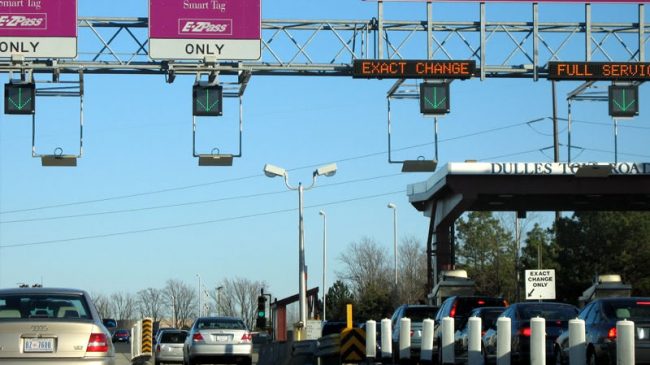Earlier this year the southern portion of Texas’ SH 130 that was developed as a public-private partnership (P3) concession filed for bankruptcy, since toll revenue had not recovered enough post-recession to cover its debt service. And last month, the SH 130 Concession Company filed a bankruptcy plan in federal court, transferring ownership to its major lenders. These events have triggered a number of critical comments, most of them reflecting misunderstandings of P3 toll projects.
Industry journal Engineering News-Record acknowledged that this toll road opened during the Great Recession, but then claimed that “SH 130’s disappointing traffic and revenue performance is consistent with other toll projects that have involved private financing.” In evidence, it cited only Virginia’s failed Pocahontas Parkway, and several bankrupt toll tunnels in Australia. But that was hardly a balanced portrayal of the outcome of recent U.S. toll projects.
Even worse was an Aug. 23rd piece in an anti-toll publication called TheNewspaper.com. Its article on SH 130 claimed that “Nearly every high-profile tolling project has failed,” citing the Indiana Toll Road, California’s 91 Express Lanes, San Diego’s South Bay Expressway, and the three toll roads of the Transportation Corridor Agencies (TCA) in Orange County, CA. Two of these claims are just plain false. The 91 Express Lanes are an economic and financial success, never went bankrupt, and were purchased by the Orange County Transportation Authority only to get around an overly restrictive non-compete clause (the likes of which nobody is doing any more). And Orange County’s three TCA toll roads never went bankrupt, were refinanced successfully, and have had solid increases in traffic and revenue since the Great Recession.
There have been several bankruptcy filings by P3 toll projects in this country, but those projects all share several characteristics.
- First, they were financed based on traffic forecasts made prior to the Great Recession, which failed to account for the impact on traffic and revenue of a severe recession.
- Second, there were no taxpayer bailouts of any of them. Each was financed via revenue bonds and loans plus developer equity investments, with only the investors at risk of losses, not taxpayers.
- Third, the equity providers in each case lost their initial investments, which as sophisticated investors they knew up-front was a possibility.
The claim that “nearly every high-profile tolling project has failed” is easily shown to be false. First, there has not been a single failure of an express toll lanes project—whether financed by the private sector or by a state DOT. In fact, a number of these projects are having to raise their peak-period tolls above the levels in their traffic and revenue forecasts in order to maintain the uncongested traffic flow promised to their customers. Among those in the news recently are the I-95 Express lanes in Miami, the I-85 Express lanes in Atlanta, the I-110 Express lanes in Los Angeles, and the I-405 Express Lanes in Seattle. Pew Charitable Trusts’ Stateline carried a good article on this phenomenon in September, “Express Lanes Have a Popularity Problem.”
Also relevant is the market to acquire investor-financed P3 toll roads. To be sure, nobody bid for the failed Pocahontas Parkway in Virginia or the Southern Connector in South Carolina, because those were projects for which enough demand really wasn’t there to cover their capital and operating costs. By contrast, both the bankrupt Indiana Toll Road (ITR) and the struggling Chicago Skyway have such good long-term fundamentals that both concessions were bought last year by consortia of public-sector pension funds for significantly more than the original concession deals–$5.7 billion for the ITR and $3.8 billion for the Skyway. Even the sometimes-troubled Dulles Greenway in Virginia is now prospering, to the point that 50% owner Macquarie Atlas Roads is seeking to purchase the other 50%.
So when anti-toll groups make claims such as “toll roads have a track record of failure,” don’t take their word for it. Instead of listening to what interest groups say, watch what investors do.

